Welcome to the Maryland Committee on Trauma
As the Maryland chapter of the American College of Surgeons, the MDCOT is dedicated to supporting injury prevention and ensuring optimal patient outcomes across all trauma centers in Maryland. Our mission encompasses advocacy, education, the creation of best practices, and continuous quality improvement. Together with ACS, we are committee to advancing the standards of trauma care and enhancing the health and safety of our communities.
REGISTER FOR 2026 CLASSES HERE
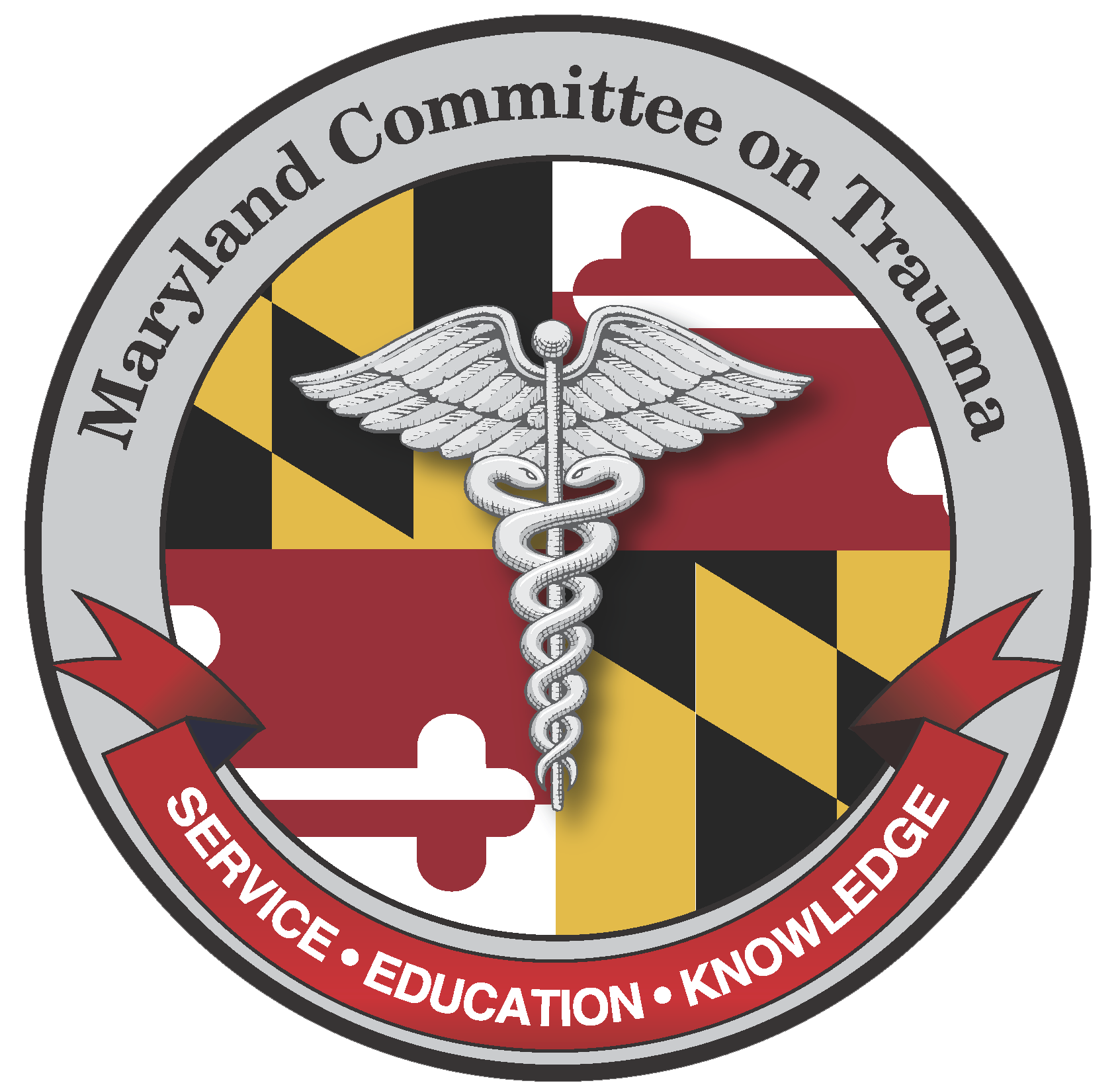
February is National Heart Month

February is observed as National Heart Month and aims to raise awareness about heart disease, which is the leading cause of death for men and women in the United States. February 6, 2026, is designated as National Wear Red Day, encouraging people to wear red to raise awareness about cardiovascular disease.
The Maryland Committee on Trauma (MDCOT) wants to emphasize the importance of learning CPR and being prepared to save lives during this month. This month also serves as a reminder to prioritize heart-healthy lifestyles and support those affected by cardiovascular conditions.
The Maryland Committee on Trauma (MDCOT) wants to emphasize the importance of learning CPR and being prepared to save lives during this month. This month also serves as a reminder to prioritize heart-healthy lifestyles and support those affected by cardiovascular conditions.
About us
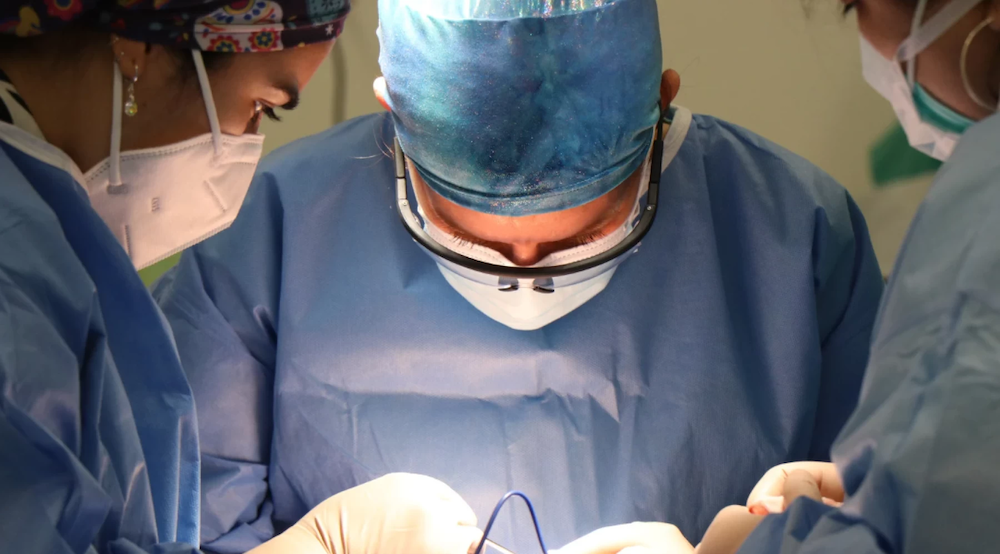
Crafted with Care
Whether you are a surgeon looking to enhance your skills, a nurse seeking to advance your ATCN expertise, or a member of the public interested in education, the Maryland Committee on Trauma is committed to providing the resources you need. With our renowned classes and expert team, we aim to be your go-to destination for education and trauma care in the state of Maryland.
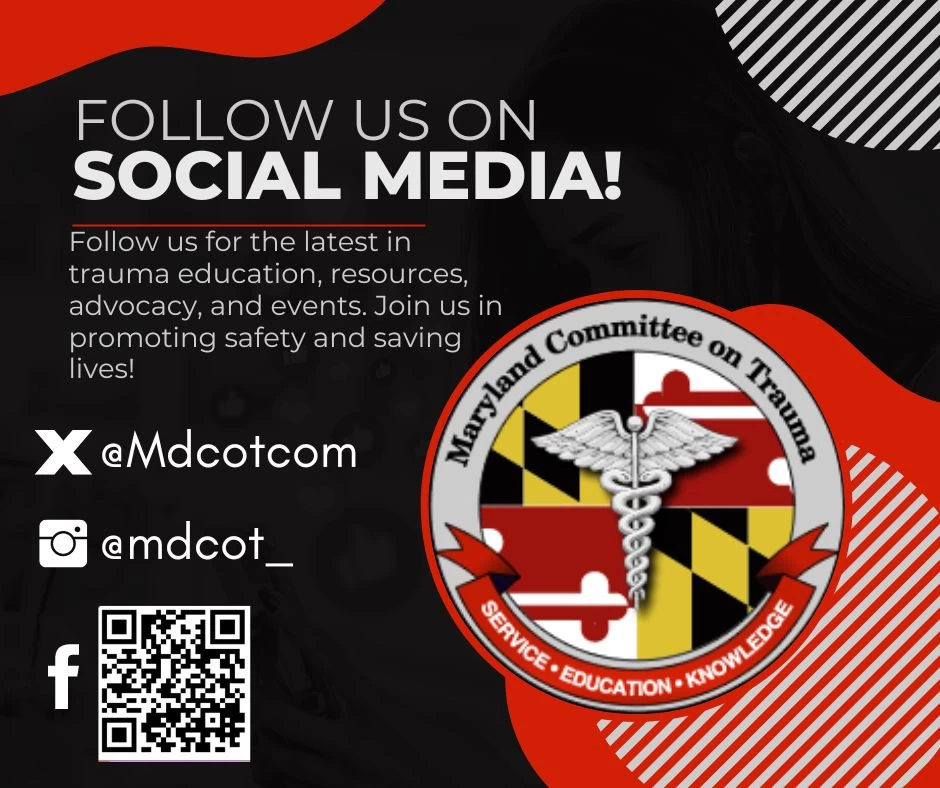
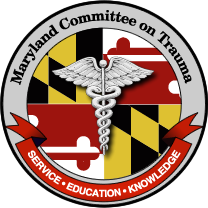
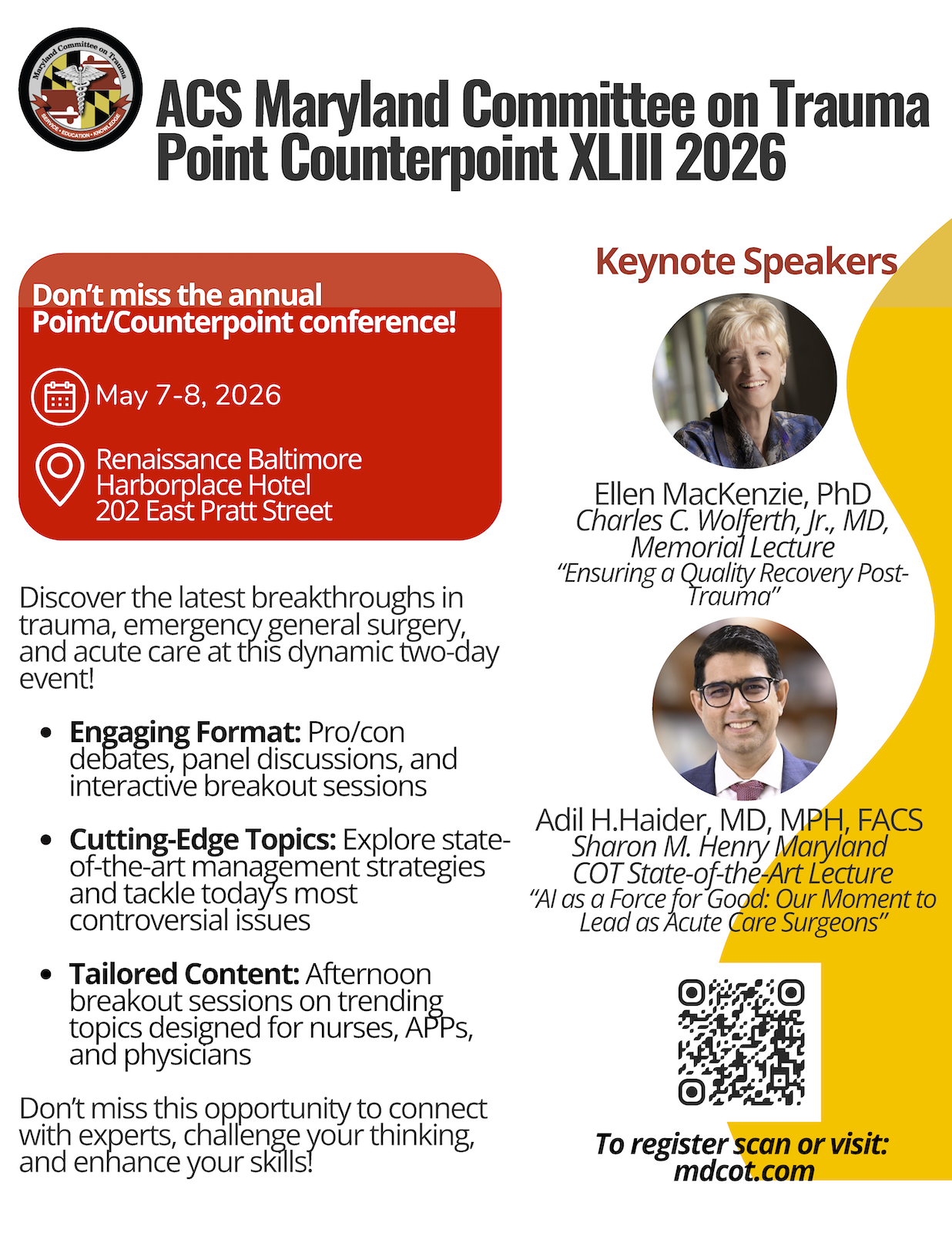
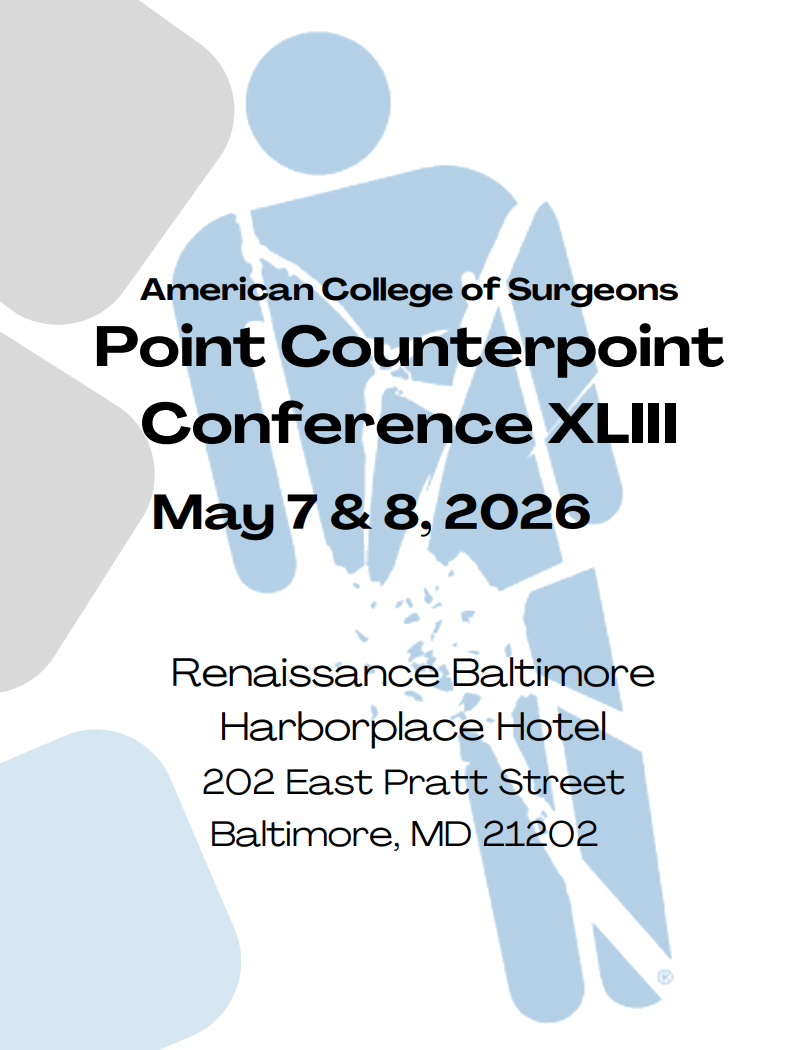



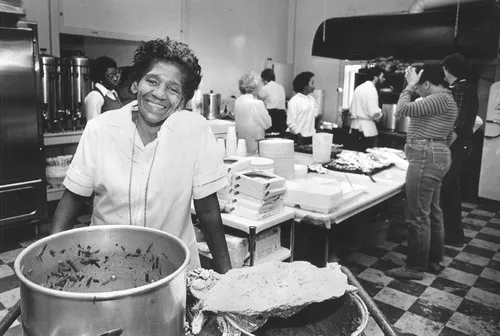
Carbon Monoxide Poisoning: What You Should Know